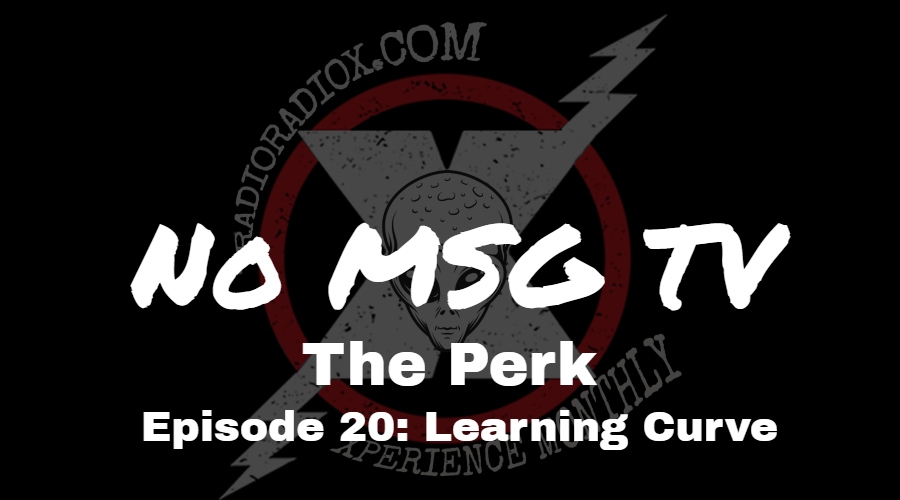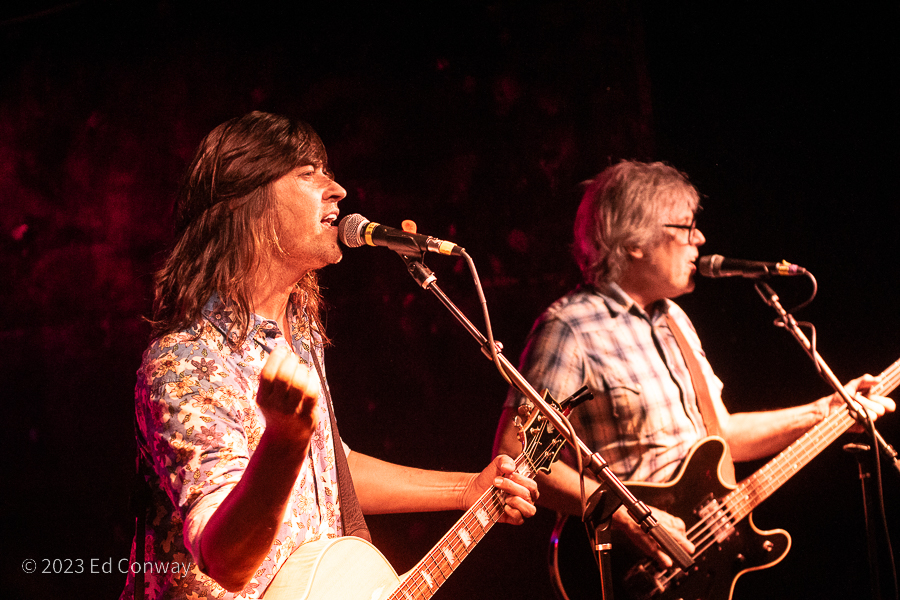Antiheroes – What the Hell Happened to Superman?
Written by Staff on April 29, 2023
Somewhere in the imagination of a fan-fic writer, there is a playground, and on the teeter-totter sits two characters in perfect balance. On one side is Luke Skywalker, and on the other side is Han Solo. One is so good a soul he is a Chosen one with full Jedi power, and the other has a ton of attitude and a really fast ship.
In fiction, there are character types, or “archetypes,” like protagonists and antagonists, which, drop the lit-speak, come down to heroes and villains. But there’s a third type of character, the anti-hero, that bridges the gap between the two, having the demeanor of a villain, but the net effect of a hero. And while few people identify wholly with the villain, many find comfort in rooting for the anti-hero.
Much of what we know of myth, story, and cinema was, if not created, was spelled out in Joseph Campbell’s “The Hero’s Journey,” a 12-step process that almost every story goes by. It breaks stories down into three acts, and details the hero’s coming into a journey, and a villain’s doing everything to stop them from completing that journey. Antiheroes, in this case, can be anywhere from a flawed, asshole hero to a redeemed villain.
Luke Skywalker was the hero of Star Wars. He wasn’t perfect, but he was driven, and moral, and courageous. But as far as anti-heroes, Han Solo was snarky, disinterested in the greater fight, out for his own self, but he pulled it together to help the rebel alliance. But even more-so, Darth Vader, first seen as the main villain, turned into an antihero when he saved Luke from Emperor Palpatine in Return of the Jedi.
Let’s look at it from a different perspective. Superman. Clearly the hero. Truth, Justice, and the American Way. Then, Batman. Antihero. Flawed from the get-go. Beats the villains by throwing away the legal process. Both are protecting their city.
Even a single character, over different portrayals, can go from hero to antihero. Superman, directed by Richard Donner, starring Christopher Reeves? Hero. Superman, directed by Zach Snyder, starring Henry Cavill? Antihero. In fact, the techniques employed by Snyder would tend to make the entire DC franchise into antiheroes.
One place where antiheroes are shining stars is in the pulp noir world. Noir antiheroes are usually either world-weary detectives or desperate, ambitious criminals. People reading pulp noir want antiheroes. Noir, pulp or not, shows a cynical world. It shows the flaws of human nature. Author Dennis Lehane put it best; “In Greek tragedy, they fall from great heights. In noir, they fall from the curb.”
One defining characteristic in the appeal of the antihero is played masterfully by Jake Gyllenhaal, in Dan Gilroy’s 2014 movie Nightcrawler. In it, Gyllenhaal plays a man who photographs violent crime at night to sell to the news media. One of the great things about the movie is that Gyllenhaal’s character is always able to convince the audience that he’s only doing what he must to survive, no matter how twisted or immoral it ends up being. It connects us, because survival is a burden we all share.
According to Psychology Today, much of our push toward antiheroes revolves around complexity. Simple heroes are boring characters that often just exist to take the reader through the plot. But the antihero, or even the villain, must be sketched out differently. Their opposition to the hero, or to being the hero, must be explained by what’s happened to them in their life, how it shaped their character.
To give an example, take Interview with the Vampire. The vampire Lestat is arguably the villain, and his self-made companion, Louis, is introduced as the hero. But Louis only takes us through a life with Lestat. In fact, all the rest of the book series covers The Vampire Lestat. He is more complex. Hundreds of years more complex.
We’ve really come to love anti-heroes. This isn’t to say that we’ve never liked them. It’s just that every movie, every remake of a movie or television show what was once pure black-and-white, good versus evil has been remade darker, grittier, more complicated, more “gray,” with far more antiheroes than there ever were.
So what is it about us that seeks out that complexity in what is supposed to be mindless fun? Why do we like antiheroes at all?
One reason, not yet mentioned, is that antiheroes are not always one of the mail characters. And their loyalties to one side or another are not always easy to see. This makes them far more interesting in a story where everyone, by default, has a side.
If you look at the world, especially going back decades, it’s easy to see the fascination. There’s this notion that we were good little children in the fifties and sixties, and there was a line between heroes and villains, and maybe so. But we’d just won World War II. Everything was looking up. Just prior to that war was the Great Depression, and we were singing the praises of antiheroes like John Dillinger and Machine Gun Kelly. They were folk heroes in some parts.
And look at us today. Can’t seem to trust the government, the media, or any institution that is supposed to be “the good guys.” At this point, we’re not looking for Superman anymore. We’re just looking for an honest crook.
We can finally look at our own psychology, at Carl Jung and the “shadow self.” Jung said that to be our true selves, we have to be in touch with that shadow self, and while we might not want to steal someone’s motorcycle to get to the other side of town, we can do it vicariously through an antihero. And sometimes we just like their attitude and wish we could want into work with it one morning. Think Tyler Durden in Fight Club, or D-Fens in the 1993 movie Falling Down.
So there are heroes, villains, and something in the middle – the antihero. Are they fundamentally good or bad? The answer to that would vary, but the fact that such a question would have to be asked is what makes them pretty damn interesting.




 RadioRadioX
RadioRadioX